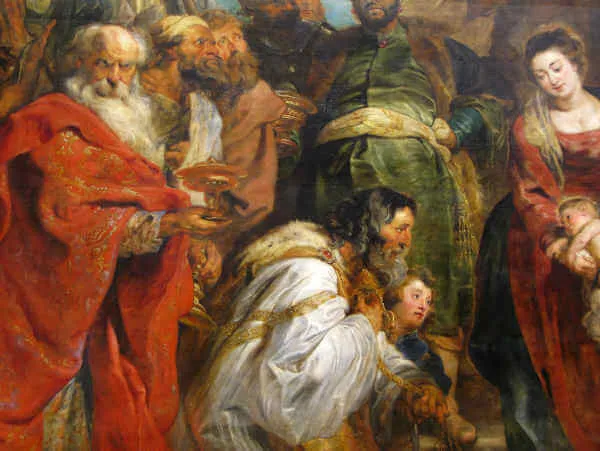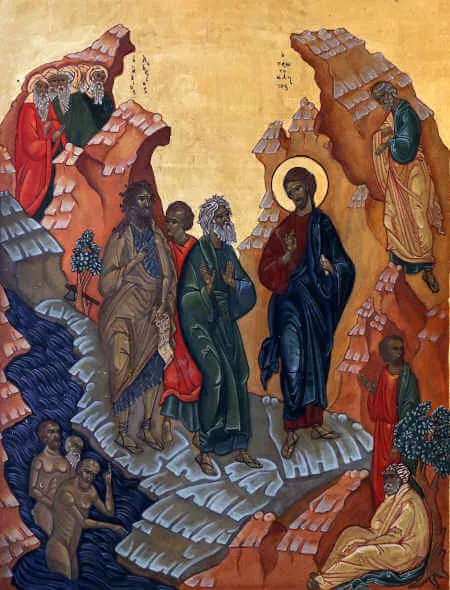Matthew 2:1-2
A Manifestation to the World
When Jesus was born in Bethlehem of Judea, in the days of King Herod, behold, magi from the east arrived in Jerusalem, saying, “Where is the newborn king of the Jews? We saw his star at its rising and have come to do him homage.”
Reflection:
The Magi were most likely from Persia, modern-day Iran. They were men who regularly engaged in a study of the stars. They were not Jewish but were most likely aware of the popular belief of the Jewish people that a king would be born who would save them.
These Magi were called by God to encounter the Savior of the World. Interestingly, God used something very familiar to them as an instrument of their calling: the stars. It was among their belief that when someone of great importance was born, this birth was accompanied by a new star. So when they saw this new, bright and brilliant star, they were filled with curiosity and hope. One of the most significant aspects of this story is that they responded. God called them through the use of a star, and they chose to follow this sign, embarking on a long and arduous journey.
God often uses those things most familiar to us that are part of our daily life to send forth His calling. Recall, for example, that many of the Apostles were fishermen, and Jesus used their occupation to call them, making them “fishers of men.” He especially used the miraculous catch of fish to clearly indicate to them that they had a new calling.
In our own lives, God is constantly calling us to seek Him out and worship Him. He will often use some of the most ordinary parts of our lives to send forth that calling. How is He calling you? In what way is He sending you a star to follow? Many times when God speaks, we ignore His voice. We must learn from these Magi and diligently respond when He calls. We must not hesitate and must seek to daily be attentive to the ways that God invites us to deeper trust, surrender and worship.
Reflect, today, upon God’s call in your life. Are you listening? Are you responding? Are you ready and willing to abandon all else in life so as to serve His holy will? Seek Him, wait on Him and respond. Doing so will be the best decision you ever make.
Source: https://catholic-daily-reflections.com/2025/01/04/a-manifestation-to-the-world-4/













